When prescribing an antibacterial drug, the doctor informs the patient that it is strictly forbidden to drink alcohol with antibiotics. Most people try to follow these recommendations, but if the course of treatment coincides with significant events or holidays, it is tempting to break the ban.
The attitude of evidence-based medicine towards this situation is controversial, as no comprehensive study has been conducted whose results would allow a full assessment of the negative consequences of concomitant use of alcohol and antibacterial drugs. This does not mean that you can combine them peacefully, no sane doctor will recommend it to you. To understand how dangerous it is to drink alcohol during antibiotic therapy, the article describes the consequences of the combined action of these substances on the body, and gives examples of a combination of known drugs and drinks that contain alcohol.
Influence of alcohol and antibiotics on the body
Holidays in our country are traditionally celebrated with the use of spirits. Many people cannot deny themselves this pleasure even during illness, forgetting that alcohol in small doses has a relaxing and calming effect, and in large doses leads to serious health problems. Among them:
- Liver dysfunction.
- Excessive stress on the gastrointestinal tract.
- Increased heart rate.
- Brain cell death.
- Chronic diseases of the kidneys and bladder.
- Nervous system disorder.
- Severe hangover syndrome.
- Depressed state, nervous breakdown.
Drinking alcohol during illness is definitely not worth it. This will further shake the body already working in an emergency mode, fighting disease.

Antibacterial drugs, introduced 90 years ago, quickly became a sought-after drug and saved millions of lives. The principle of action of antibiotics is the ability to destroy pathogenic bacteria, destroying their structure; they block reproduction, prevent the growth of pathogens, after which the immune system is given a chance to cope with the disease on its own.
Antibacterial drugs act on a person as aggressively as possible, undermining the ability of the immune system to fight disease on its own. Their use is a necessity in the case of a bacterial infection, which the body cannot cope with on its own. Only a professional doctor has the right to prescribe such drugs. It is categorically impossible to treat on your own, especially with the viral origin of the disease, when antibacterial drugs are useless.
Antibiotics help to avoid the severe consequences of the disease, but taking them leads to a large number of side effects:
- Suppression of the natural gastric microflora.
- Suppressing immunity, the body is unable to resist pathogens.
- The liver cannot completely cleanse the body of toxins.
A person's well-being deteriorates, lethargy appears, weakness appears, depression occurs, and chronic diseases worsen.
It is not difficult to imagine what will happen to an unfortunate organism when the course of antibiotic therapy is combined with violent feasts. The immune system, kidneys, liver and organs of the gastrointestinal tract will have a double burden, which is extremely difficult to cope with. This can lead to a worsening of the existing condition, and the disease will go from an acute phase to a chronic one, which is much more difficult to treat.
Influence of alcohol on the action of antibacterial drugs
Evidence-based medicine does not know specific examples of attenuation of antibiotics on the background of alcohol consumption. Sometimes the opposite situation even happens: the number of enzymes increases, and the breakdown of the drug occurs faster. But another scenario is possible, when the drug is poorly excreted from the body, accumulates in the cells and as a result there is a side effect.
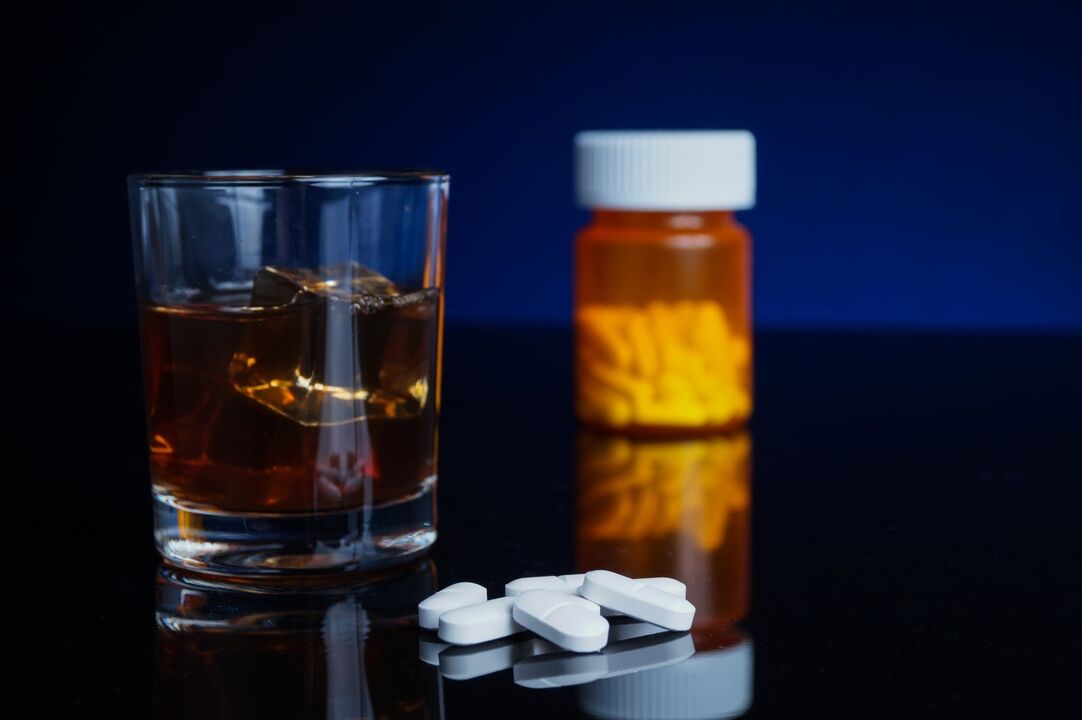
There are two strange theories that explain why the incompatibility of antibiotics and alcohol is considered a scientific fact. The first says that antibacterial drugs were originally used to treat sexually transmitted infections. Doctors considered the presence of such diseases a sign of intemperance and weakness of character, and the ban on drinking alcohol became a kind of punishment.
Another theory emerged during World War II, when wounded soldiers needed penicillin. There was so little medicine that, according to legend, doctors tried to get it out of the urine. The problem was that soldiers in their free time liked to drink beer that has a diuretic effect and reduces the concentration of microorganisms. Due to that, alcoholic beverages were banned, and the postulate that alcohol and antibiotics are incompatible was gradually strengthened in medicine.
There are several reasons for this statement. Doctors note that in patients who drank alcohol at the same time with antibacterial drugs, recovery was much slower than in those who led a sober lifestyle. The reason lies in the fact that the intake of alcohol with antibiotics is fraught with other negative consequences associated with the deterioration of the immune system. With regular use of alcoholic beverages, it is impossible to establish a proper daily routine with proper rest and nutrition. At the same time, vitamins, minerals and nutrients cannot be fully absorbed and the body is gradually depleted. As a result, the patient's medication will be ineffective.
Compatibility of alcoholic beverages and antibiotics
Modern antibiotics are gentle. Their combination with alcohol, in most cases, has no strong negative consequences for the body. Doctors identify a number of medications that cannot be combined with strong drinks. The speed of their assimilation is related to the work of the same enzymes that are responsible for the breakdown of ethanol - the basis of alcoholic beverages. Enzymes cannot handle a huge amount of work, and as a result, the drug accumulates in the body. This carries side effects that the person will soon feel on themselves.
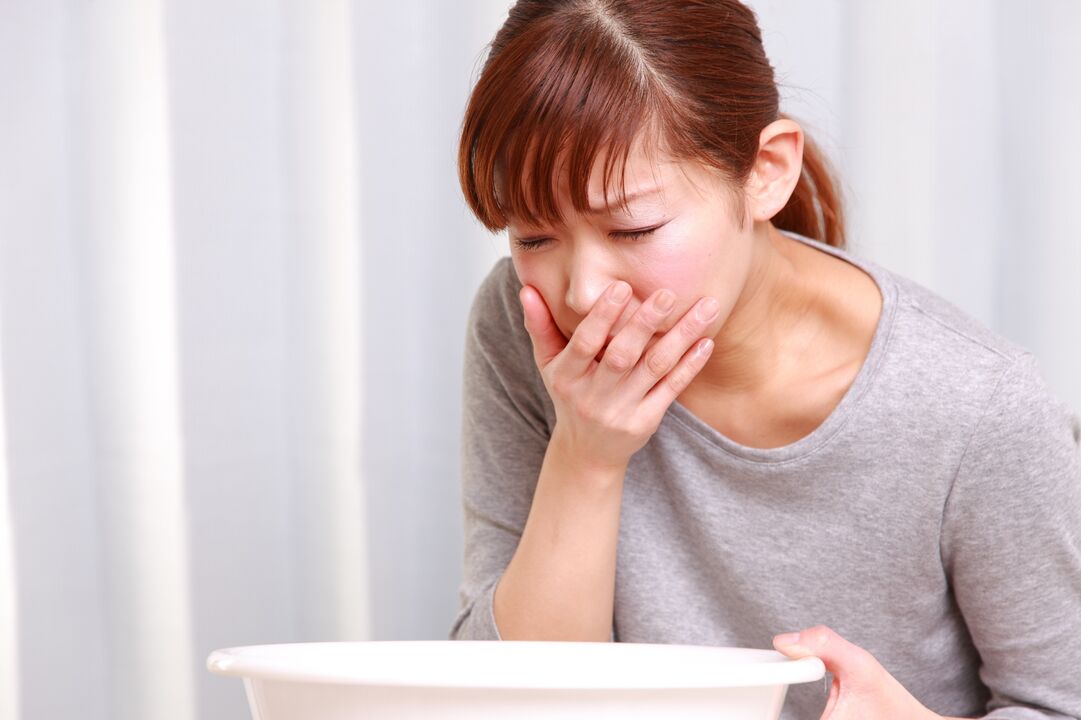
The interaction of antibiotics and alcohol leads to a large list of negative consequences:
- Severe migraine-like headaches.
- Nausea, vomiting.
- Dizziness, loss of consciousness.
- Accelerated heart rate, arrhythmia.
- Fever, fever.
- Heavy sweating.
- Insomnia.
- Condition close to depression, irritability.
- Weakness, drowsiness, loss of strength.
- Inflammatory processes of the liver, jaundice.
- Abdominal pain caused by gastritis and ulcer.
Disulfiram-like reaction
The most common and dangerous negative consequence is a disulfiram-like reaction. This drug, which is used in the treatment of alcohol dependence, can affect the work of enzymes that process ethyl alcohol. Metabolism consists of two phases:
- Ethyl alcohol decomposes to acetaldehyde.
- Acetic aldehyde is converted to acetic acid.
Incompleteness of the second phase leads to the strongest hangover syndrome. For lovers of alcoholic beverages taking the drug, the process of timely cleavage of ethanol is disrupted, and if a dose of alcohol is added on the background of taking, the body will be flooded with toxic substances. Drinking alcohol in a state of intoxication is not possible, and the patient gets rid of the addiction.
The signs of a disulfiram-like reaction are similar to those of a severe hangover:
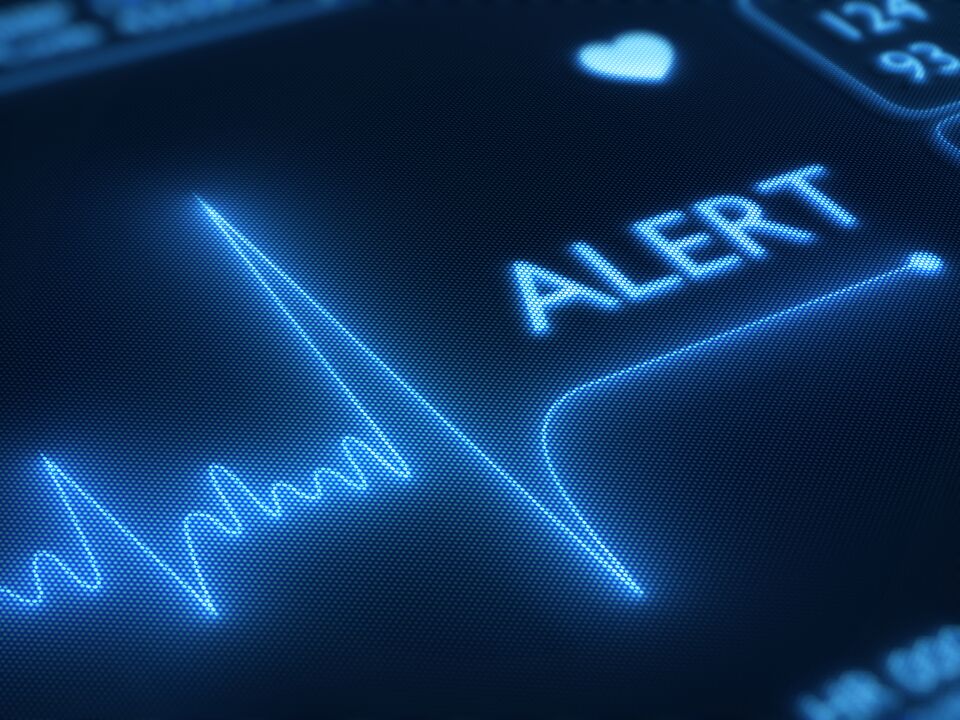
- Anger.
- Increased heart rate.
- Nausea, vomiting.
- Convulsions.
- Allergic reactions.
- Headache.
- Respiratory failure.
The last manifestation of the disulfiram-like reaction is considered life-threatening due to the probability of death. When trying to mix antibiotics and alcohol, the patient should be careful, carefully monitor changes in his condition. The consequences can occur during the feast or 4-5 hours after it. In this situation, you must seek medical help immediately.
The effect of concomitant use of antibiotics and alcohol on the functioning of the liver and gastrointestinal tract
The main reason for banning the joint use of antibiotics and alcohol is the danger of toxic liver damage. Its enzymes are not able to assimilate the drug and ethanol at the same time. In this fight, alcohol usually wins, and the drug accumulates in the liver cells, threatening severe intoxication.
During the disease, the liver cleanses the body of toxins and toxins, and alcohol increases the load many times over. People who are accustomed to mixing drugs and alcoholic beverages are more likely to develop fibrous tissue changes and liver failure.
Consumption of alcohol during antibiotic therapy can adversely affect the gastrointestinal tract. When ethyl enters the stomach, it causes congestion and vasodilation, which facilitates the absorption of alcohol. If, after a short period of time, the antibacterial drug enters the gastrointestinal tract, the drug will not be fully absorbed and the effect of the treatment will be reduced to zero.

Antibiotics can adversely affect the intestinal microflora. Patients taking these medications often complain of abdominal pain, stool problems, constipation, or diarrhea. Prebiotics and probiotics are often prescribed to restore the balance of the microflora after a course of antibiotics. If you are drinking alcohol at this time, you can develop chronic diseases of the gastrointestinal tract, for example, gastritis or stomach ulcers.
Possibility of allergic reaction
The composition of alcoholic beverages, in addition to ethyl alcohol, contains additives, dyes, flavors, preservatives. The end result of their interaction with antibiotics is unpredictable. A potential danger is the occurrence of an allergic reaction in a mild or severe form. Itching, redness of the skin, sneezing, and at worst, shortness of breath, Quincke's edema, and death will occur at best. If a person has noticed such symptoms, then it is necessary to take an antihistamine immediately, and if there are serious consequences, call an ambulance immediately.
Before taking the medication, patients should read the instructions carefully, checking how safe the combination of active ingredients and ethanol is.
Combination of alcohol with known groups of antibacterial drugs
A disulfiram-like reaction is life-threatening. Based on conducted studies, scientists have discovered which drugs cause it more often, and which are considered relatively safe in combination with alcohol.
Alcohol and nitroimidazoles
Nitroimidazoles are considered broad-spectrum antibiotics and are used to treat the following conditions:
- central nervous system infections (meningitis, brain abscess);
- intestinal infections;
- respiratory diseases (pneumonia, lung abscess);
- oral infections;
- skin diseases of various etymologies;
- prevention of infections during surgery.
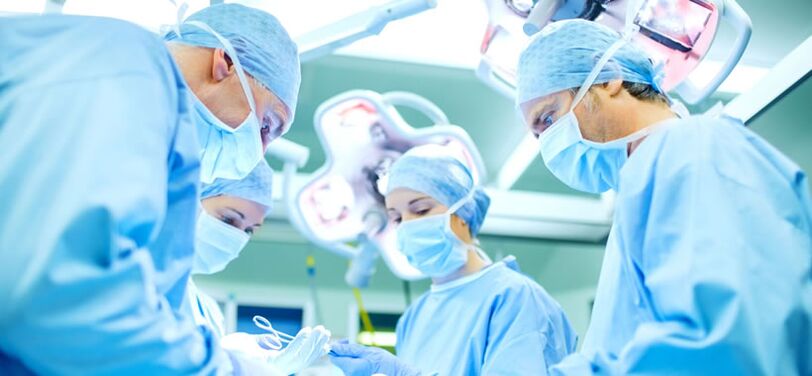
Drugs of this group should not be combined with alcohol! Although, not everything is so simple. Studies from 2003 did not reveal the negative effects of drinking hard liquor with the use of drugs. However, doctors are convinced that the consequences of their combination may be as follows:
- sharp abdominal pain;
- nausea, vomiting;
- severe headaches;
- zimica;
- heart rhythm disturbance;
- in rare severe cases, respiratory failure develops.
Women should note that a disulfiram-like reaction is possible not only with oral and drug injections, but also with the use of vaginal cream.
Alcohol and cephalosporins
Cephalosporins are a group of broad-spectrum drugs with strong bactericidal activity. They are considered the main "destroyers" of streptococci and staphylococci and treat the following diseases:
- upper respiratory tract infections;
- diseases of the nose, throat, ears;
- skin, soft tissue infections.
Cephalosporins are often prescribed for purulent sore throat - one of the most common infections in our country.
All cephalosporins, just like nitroimidazoles, can cause a disulfiram-like reaction. Its main symptoms: nausea, headache, abdominal pain, are caused by intoxication of the body. The possibility of a disulfiram-like reaction must be taken seriously, as the consequences can be serious, even fatal.
There are drugs that do not belong to the two groups mentioned above, ie their interaction with alcohol does not lead to a reaction similar to disulfiram, but it also has negative consequences.
Antibiotics with which it is relatively safe to drink alcohol
Numerous antibacterial drugs have been successfully tested for compatibility with alcohol, and their combination is safe for the body.
- Penicillin antibiotics.
- Expectorants and mucolytics, prescribed for lung disease, to dilute viscous mucus.
- Antifungal drugs.
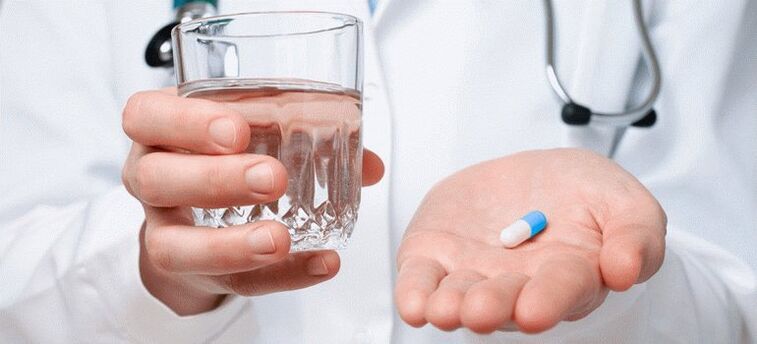
The above medications can be taken with alcohol, but that doesn’t mean they can be safely drunk with strong drinks! The best option for developing events while taking antibiotics is to completely refuse to drink alcohol.
How to properly combine alcohol and antibiotics - safety precautions
The best option for the development of events when treating a patient with antibiotics is to refuse alcoholic beverages while taking the medication. In exceptional cases, when you can't do without drinks, you must adhere to the following safety rules:

- Ask your doctor if it is allowed to mix alcohol with drugs and consider giving up strong drinks.
- The minimum time interval between taking antibiotics and consuming alcohol is 4 hours. The shorter period is burdened with major health problems.
- The amount drunk depends on the sex, weight, severity of the current disease, the strength of the drink and should not exceed 300-350 ml.
- Ethanol is present not only in spirits (vodka, cognac, whiskey), but also in low-alcohol beverages (wine, champagne, beer). Even if the alcohol content here is several times lower, drinking will not pass without harm to health.
In patients who are on antibiotic therapy, the question arises: how long after the course is it allowed to drink alcohol? The correct answer can be given by the attending physician, and it depends on several factors: gender, age of the person, the nature of his disease, health, medication. Most drugs have a cumulative effect, continuing to act on the body after the end of taking. Medical experts recommend that you start drinking alcohol no earlier than 5 days after the end of therapy.
Three rules when taking antibacterial drugs:
- Antibacterial drugs are produced and prescribed in various dosage forms: tablets, syrups, intravenous and intramuscular injections, eye drops, ointments, vaginal suppositories, inhalation solutions. Any form of medication can cause side effects.
- Ethanol, which is found in alcoholic beverages, is harmful to human health. It is present not only in cognac, wine and beer, but also in cough syrups, tinctures of medicinal herbs (licorice, marshmallow, echinacea, eleutherococcus). It is necessary to study the composition of drugs taken concomitantly with antibiotics.
- Read the medicine's instructions carefully to find out how compatible it is with alcohol. If the instructions say that research on this issue has not been conducted or there is no information, you will need to stop drinking alcohol during treatment.
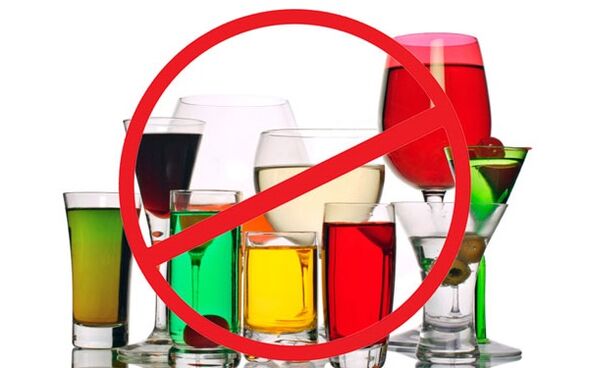
Antibacterial drugs carry an unnecessary burden on the body and are prescribed in case of serious illnesses. The doctor can only prescribe a certain medicine, everything else depends on the patient, who, above all, must think about a quick recovery. The sick person should take the prescribed medication in a timely manner, sleep at least 7-8 hours a day, eat foods high in vitamins and trace elements. During this period, it is better to forget about drinking alcohol. This is especially true for people who suffer from chronic heart, liver and kidney diseases. Otherwise, the negative consequences will not be forced to reap. It can be:
- Failure of the central nervous system and gradual death of brain cells.
- Intoxication of the body, whose symptoms are diarrhea, nausea, vomiting.
- Kidney damage, problems with the urinary system.
- Violation of heart rhythm.
- Gastritis, stomach ulcer.
- Violation of the intestinal microflora.
- Liver damage, leading to gradual cell death.
- Reduced immunity, the body will not be able to fight infections on its own.
- Cardiopalmus.
- High blood pressure is dangerous for hypertensives.
- Stool disorder in the form of constipation or diarrhea.
- Weakness, drowsiness, loss of strength.
- Depressed state, nervous breakdowns.
- Irritability, insomnia.
- Decreased intellectual abilities, memory impairment, concentration.
- Fever and shivering.
- Severe headaches.
- Convulsions.
- Allergic reactions in the form of itching, rash and redness of the skin.
- Shortness of breath and Quincke's edema - without timely medical help, they end in death.
- The effect of the treatment is minimal or absent.
- The disease can become chronic, reducing the patient's quality of life.
Alcohol in small doses will complete the rest and help you relax. But its use during illness will not bring any pleasure and can harm the body. This is the main thing that a person should remember when deciding whether it is worth mixing alcohol and antibiotics.
























